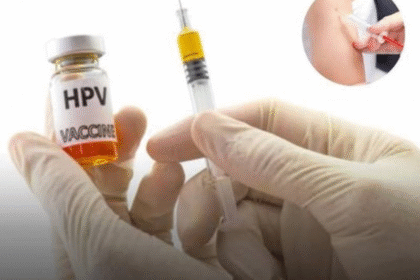Punjab’s public healthcare system is entering a new digital phase as Chief Minister Maryam Nawaz announced the transition of hospitals across the province to a fully paperless regime. The move is part...
A new national survey has revealed that awareness of electronic cigarettes and vaping remains strikingly low across Pakistan. According to a 2026 Gallup & Gilani Pakistan survey, only 17 percent o...
The United States has formally withdrawn from the World Health Organization (WHO), ending decades of participation and financial support for the global health body. The move marks a major shift in int...
A tragic incident at the Arruda Camara Zoobotanical Park in Joao Pessoa, Brazil has ignited debate over zoo safety standards and the systemic neglect of vulnerable individuals with severe mental healt...
The global fashion community is paying heartfelt tribute to Pam Hogg, the celebrated British designer whose punk-rock vision transformed contemporary style. Her family confirmed her passing this week,...
As winter approaches, New Delhi’s toxic smog once again forces residents to confront one of the most pressing environmental and public health crises in the world. The worsening air pollution in India’...
A groundbreaking study from Austria has revealed alarming evidence that microplastics, commonly found in food packaging and everyday items, may be damaging the human gut and potentially increasing the...
Fake Medicines Seized Across Province The Drug Regulatory Authority of Pakistan (DRAP) has issued a Rapid Product Alert following a request from the Directorate of Drug Control, Punjab, after fake med...
The Punjab Health Department has announced the start of a province-wide cervical cancer vaccination campaign beginning on Monday, September 15, 2025. The initiative is aimed at protecting young girls ...









